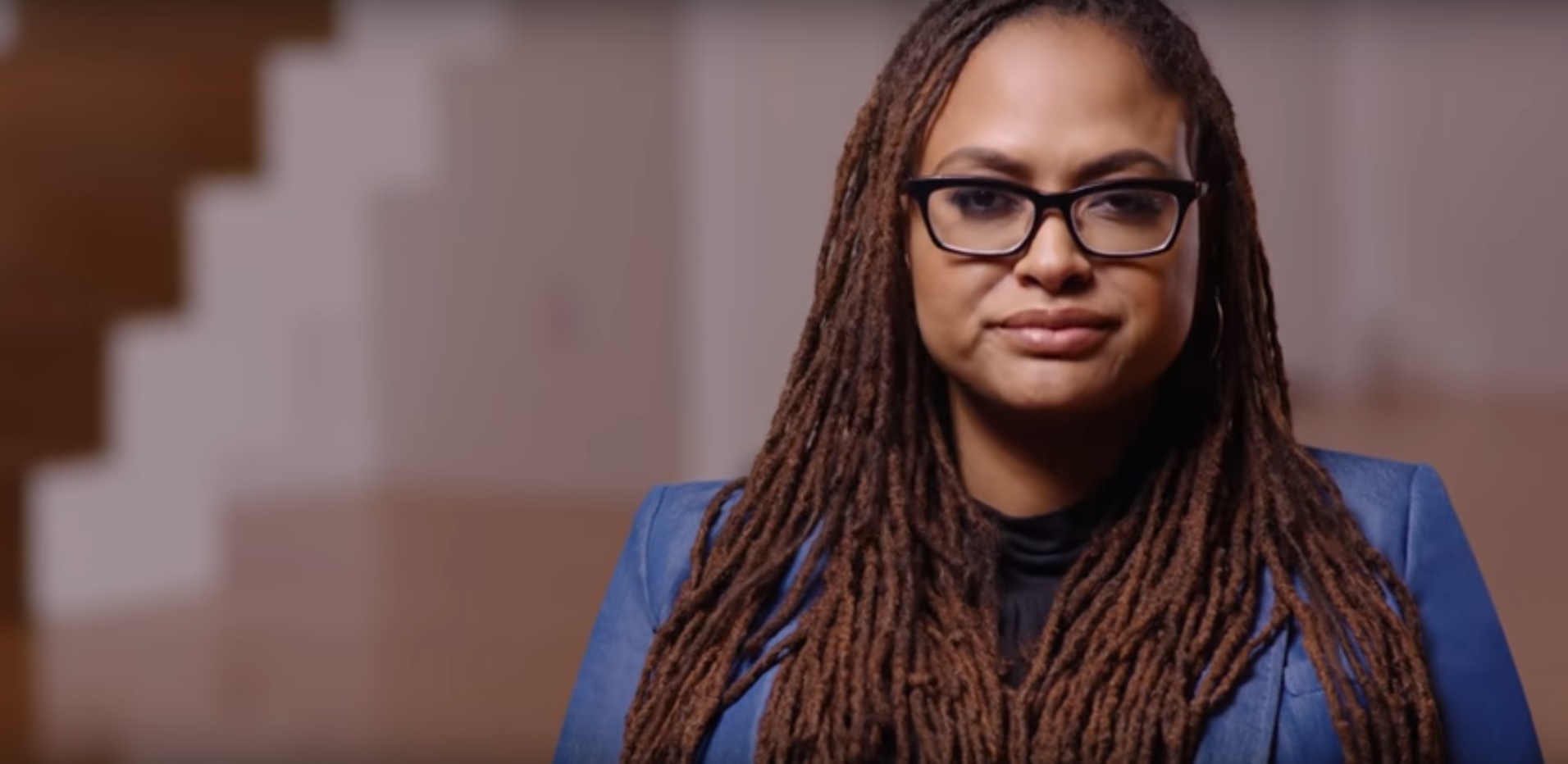Ava DuVernay Subverts Hollywood Sexism By “Doing It Herself” in Clip From Half the Picture Documentary

It’s a special time in Hollywood right now. Women in the entertainment industry have never been so visible, or so vocal. While there’s still work to do, people are more conscious of how widespread and pervasive gender bias is in the industry. In her documentary, Half the Picture, director Amy Adrion tells the stories of other female filmmakers, like herself, who’ve had to navigate sexism at every turn in order to make any of their projects happen. Check out this clip with Ava DuVernay above.
DuVernay talks about the fact that when she first entered the industry, the sexism didn’t surprise her, and she was able to use that to her advantage by acknowledging the sexism in the system, while doing her own work outside the system. She’d think, “‘I’m going to do it myself. I will do it alone. I don’t need you. If you want to join in, great, but I don’t need you because this is going to happen regardless,’ was my armor in that time.”
However, for all that women are demanding more attention and work and equality, this year’s Sundance Film Festival has been deemed a “quiet” year due in no small part to gender bias. The festival featured the most female entries and participation ever, and yet films have been having trouble selling, because apparently being more than half the world’s population isn’t enough to qualify for the benefit of the doubt as far as ticket sales.
The film industry, which is male-dominated in all areas, operates under the accepted truth that “women’s stories” (which are really just human stories) are less valuable to a hypothetical audience, when in reality those stories are likely less valuable to the men in the film industry themselves, and they use “the ticketbuying audience” as an excuse for their own sexism.
Half the Picture doesn’t only tackle the dismal numbers of female directors hired, but it examines the sharp drop-off for mid-career female directors, the wage gap, and the sexism that female directors experience on set when being undermined by male crew who don’t listen or respect their position.
This documentary, like many other female-created films at Sundance, is still having trouble finding distribution out of the festival. No amount of #MeToo sloganeering or #TIMESUP pins seems to be changing the fact (yet) that men are making most of the buying and selling decisions across the board.
However, as I’ve mentioned in a previous piece, the world of streaming services has been a lot more female-friendly than the film industry proper. Here’s hoping that these increasingly relevant and dominating platforms have the good sense to snag this and all the other brilliant films made by women that premiered at Sundance.
Supporting female-led and female-created films isn’t just the “right thing to do,” it’s good business sense.
(via The Huffington Post, image: screencap)
Want more stories like this? Become a subscriber and support the site!
—The Mary Sue has a strict comment policy that forbids, but is not limited to, personal insults toward anyone, hate speech, and trolling.—
Have a tip we should know? tips@themarysue.com